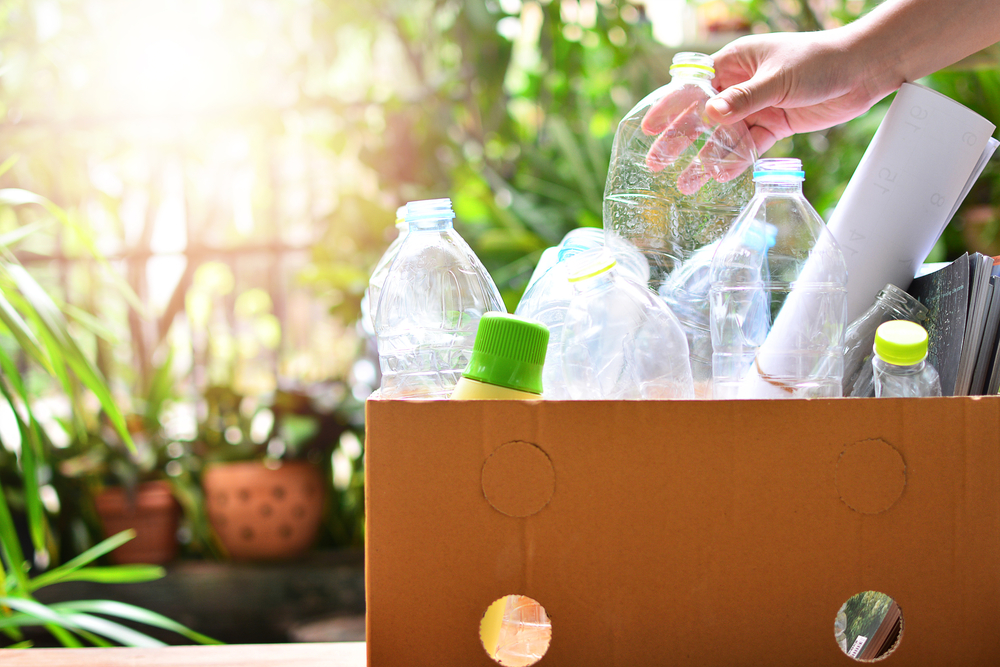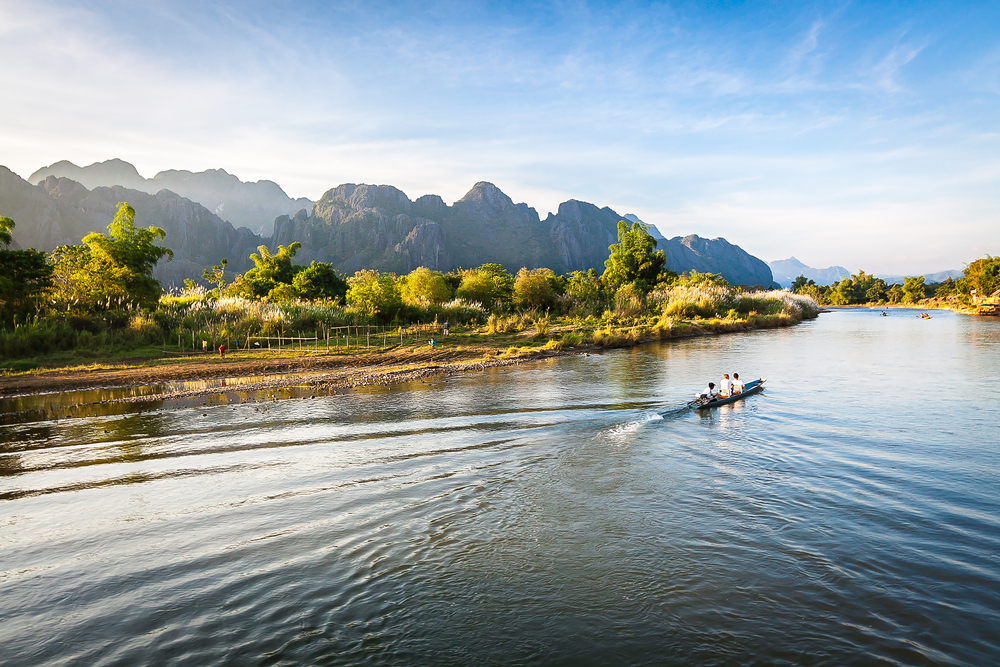It is estimated that no less than 150 million tons of plastic is polluting the world oceans at this very moment. Around 9 Million tons are added every year and even this number is increasing by 5 percent annually. Some scientists calculate that with the current speed there will be around 900 million tons of plastic in the oceans by 2050. By then there is more plastic in the oceans than fish stock which is estimated at around 850 Million tons by 2050.
In total around 8.3 Billion tons have been produced in the last 60 years worldwide, more than 90% of that has not been recycled.

Laos, as a landlocked country does not have direct access to oceans and has to rely on the assistance of their neighboring countries to gain access to a sea trade route. Since 2017 Laos has been using and developing the Vung An seaport in Vietnam’s Ha Tinh province in a joint project.
Even though Laos is not having sea borders, plastic usage is also a huge problem in Laos and its plastic can also end up in the sea, foremost via the Mekong River. It is estimated that 4 Million Tons of Plastic is transferred to the sea by only 10 rivers worldwide, 8 of them in Asia alone. Huge amounts of plastic bags, plastic straws, water bottles, Styrofoam food containers can easily be found scattered across its riverbanks.
In the prospect of waste management, Laos is similar to Thailand, Cambodia, Vietnam, or the Philippines. All the countries experienced a major shift from a traditional lifestyle where most waste was organic, to a more consumer-oriented lifestyle, with loads of imported goods which comprise mostly of single-use plastic and non-biodegradable materials. Nobody thought about the garbage problems that would follow soon.
Laos only has a few sanitary landfills throughout the country for waste disposal, by far not enough to deal with the amounts of waste it’s producing. And recycling is pretty much nonexistent and some recyclable waste is sent to Vietnam or China. Besides that plenty of rural villages have community dumps which isn’t solving the problem but takes the garbage problem out of sight.

So the most popular method is to burn the plastic and other trash produced. That is also an economical decision for many locals. It is free to burn trash (at least economically) so why would they pay for someone to collect and dispose of it? In general, many locals see plastic bags as a sign of progression, it might even be considered offensive to refuse a plastic bag suggesting the vendor might be too poor to take it from him for free.
Besides the garbage produced by locals, it is estimated that more than 100 Million disposable plastic water bottles are consumed by travelers every year in Laos, with a minimum being recycled.
But the good news is there are people trying to change the attitudes and behaviors of the people in Laos and South East Asia. Here are a few projects, we at Mango Tiger think are worth supporting:
Trash Hero
This worldwide project is trying to bring communities together to clean and reduce waste, through cleaning projects, education, and inspiration.
Bamboo Lao Straws
BambooLao is an initiative to reduce the use of single use plastic straws with bamboo alternatives produced by local villagers in Lao.
https://www.bamboostrawslaos.com/

Refill My Bottle
The focus for Laos in the near future will continue to predominantly be to develop infrastructure, education and the health system. All of that seems more urgent to improve the future of the locals. Waste management is not getting the attention it deserves and that will unfortunately most likely not change soon.
The only way to change that is to educate people and travelers to Laos to have the chance to do so by refusing to use plastic straws, plastic bags/bottles or other non-biodegradable materials. The change has to start now with educating travellers who can in turn remove the demand for single use plastics.
Chris,
Co-Founder
Mango Tiger


